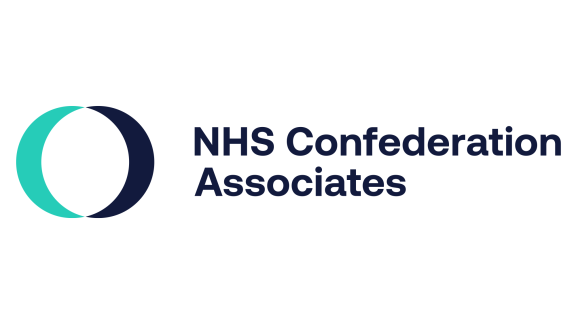Harm to patients from ambulance handover delays now a critical concern

Commenting on a new report published by the Association of Ambulance Chief Executives into handover delays at hospital emergency departments across England, Matthew Taylor, chief executive of the NHS Confederation said:
“This report confirms the consequences of the intolerable pressure that ambulance services and other parts of the NHS are under. We are clear that the situation will get worse over the winter unless we take action now.
“In many ways our ambulance services are the canary in the coalmine when it comes to the winter crisis the NHS is facing. We are seeing record levels of 999 calls and major increases in ambulance handover delays. These pressures are slowing ambulances down when it comes to responding to immediate life-threatening calls.
“As this important new analysis from AACE shows, this is causing significant harm to members of the public up and down the country and this should concern us all. We can get lost in cold statistics, but behind every statistic is a story of a patient who may well have been severely harmed as a result of being delayed in the back of an ambulance for too long.
“We must also not forget the impact this is having on ambulance service staff who are under huge pressure. We are increasingly concerned about the abuse our ambulance staff are facing and would urge the public to support all NHS workers.
“Finally, this hard-hitting research requires all parts of the NHS and social care to work together to reduce handover delays. Hospitals are working hard to improve efficiency in their emergency departments, but they also need the government to urgently provide extra funding and support to social care services to ensure that medically fit patients can safely be discharged into the community.
This will free up capacity in the NHS, help to reduce ambulance handover and other delays in A&E, as well as reducing pressure on community and primary care services. The Government needs to mobilise all the resources it can to help the NHS through what we expect will be the most challenging winter on record.”



